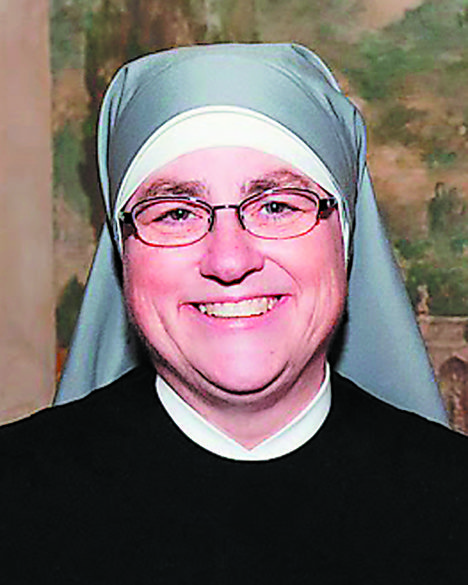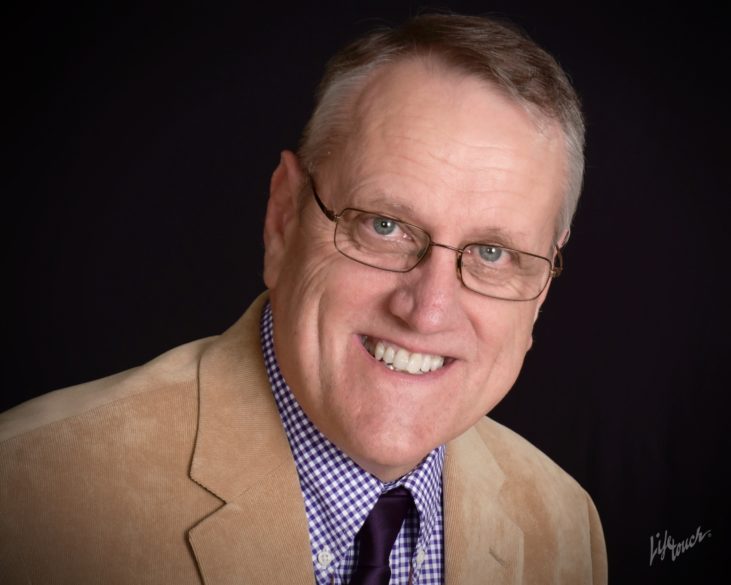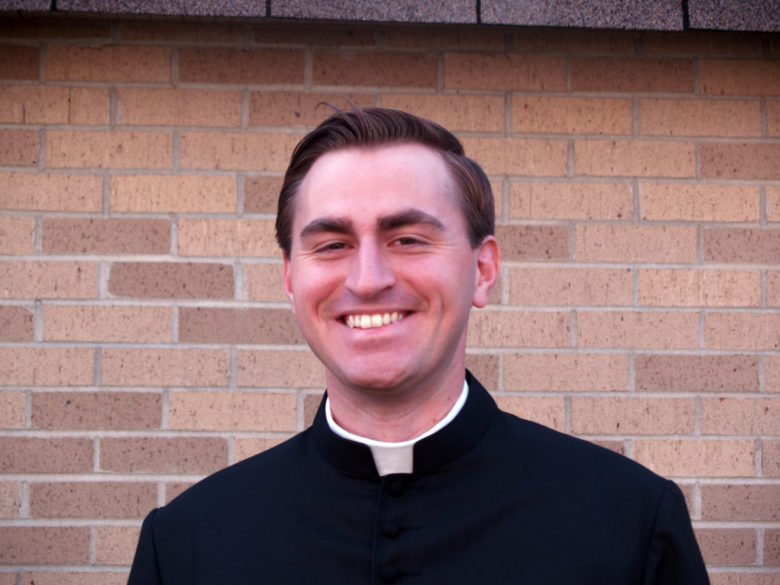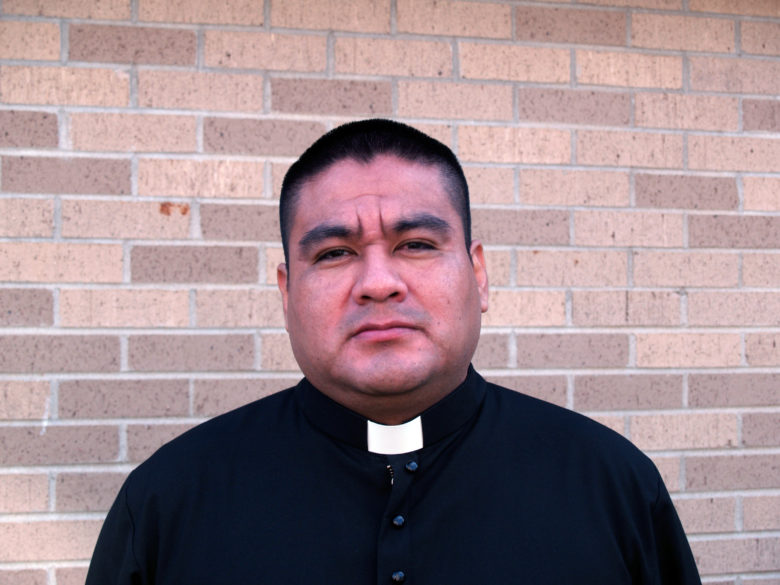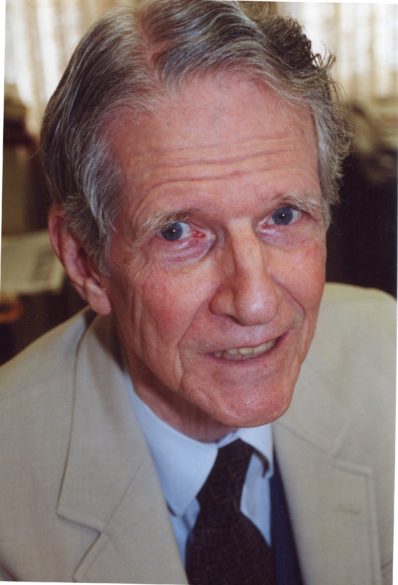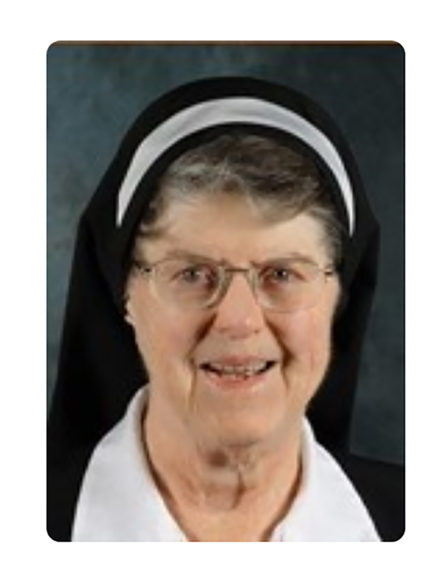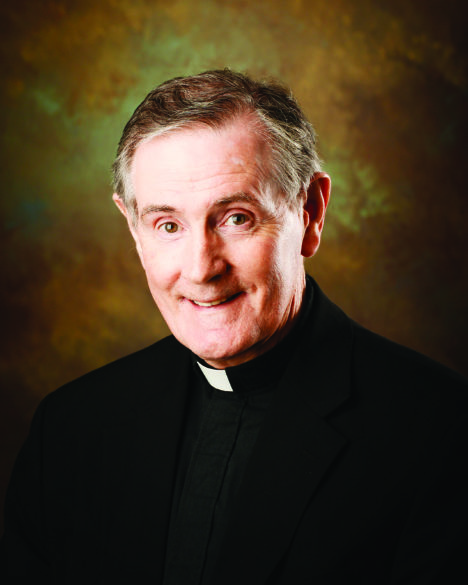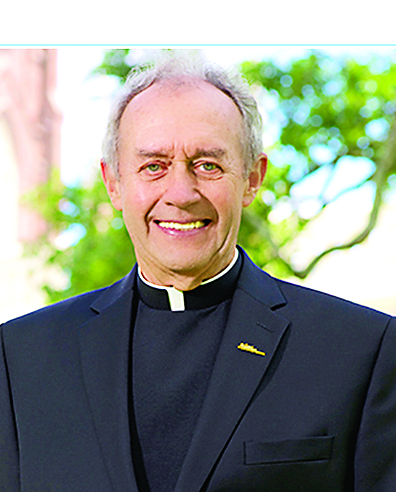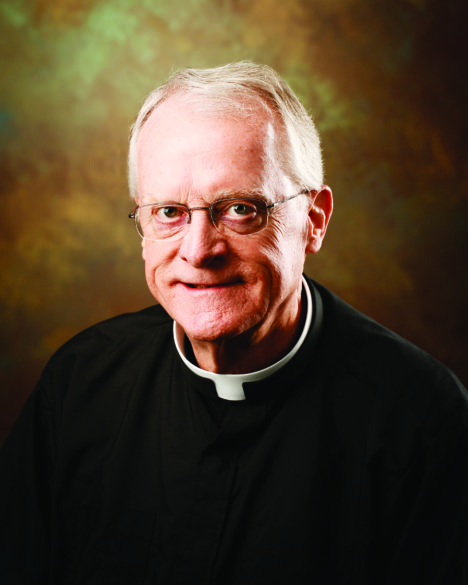
IN EXILE
By Father Ron Rolheiser, OMI
Growing up as a Roman Catholic, like the rest of my generation, I was taught a prayer called, The Act of Contrition. Every Catholic back then had to memorize it and say it during or after going to confession. The prayer started this way: Oh, my God, I am truly sorry for having offended thee and I detest all of my sins because I dread the loss of heaven and the pains of hell.
To dread the loss of heaven and fear the pains of hell can seem like one and the same thing. They’re not. There’s a huge moral distance between dreading the loss of heaven and fearing the pains of hell. The prayer wisely separates them. Fear of hell is based upon a fear of punishment, dreading the loss of heaven is based upon a fear of not being a good, loving person. There’s a huge difference between living in fear of punishment and living in fear of not being a good a person. We’re more mature, humanly and as Christians, when we’re more worried about not being loving enough than when we’re fearful that we will be punished for doing something wrong.
Growing up in the 1950s and 1960s, I breathed in the spirituality and catechesis of the Roman Catholicism of the time. In the Catholic ethos then (and this was essentially the same for Protestants and Evangelicals) the eschatological emphasis was a lot more about the fear of going to hell than it was about being a loving person. As a Catholic kid, along with my peers, I worried a lot about not committing a mortal sin, that is, doing something out of selfishness or weakness that, if unconfessed before I died, would send me to hell for all eternity. My fear was that I might go to hell rather than that I might not be a very loving person who would miss out on love and community. And so I worried about not being bad rather than about being good. I worried that I would do something that was mortally sinful, that would send me to hell; but I didn’t worry as much about having a heart big enough to love as God loves. I didn’t worry as much about forgiving others, about letting go of hurts, about loving those who are different from me, about being judgmental, or about being so tribal, racist, sexist, nationalistic, or narrow in my religious views that I would be uncomfortable sitting down with certain others at the God’s banquet table.
The heavenly table is open to all who are willing to sit down with all. That’s a line from a John Shea poem and it spells out succinctly, I believe, a non-negotiable condition for going to heaven, namely, the willingness and capacity to love everyone and to sit down with everyone. It’s non-negotiable for this reason: How can we be at the heavenly table with everyone if for some reason of pride, wound, temperament, bitterness, bigotry, politics, nationalism, color, race, religion or history, we aren’t open to sit down with everyone?
Jesus teaches this too, just in a different way. After giving us the Lord’s Prayer which ends with the words, “forgive us our trespasses as we forgive those who trespass against us,” he adds this: “If you forgive others when they sin against you, your heavenly Father will also forgive you. But if you do not forgive others, your Father will not forgive you.” Why can’t God forgive us if we don’t forgive others? Has God arbitrarily singled out this one condition as his pet criterion for going to heaven? No.
We cannot sit at the heavenly banquet table if we are still selective as to whom we can sit down with. If, in the next life, like here in this life, we are selective as to whom we love and embrace, then heaven would be the same as earth, with factions, bitterness, grudges, hurt and every kind of racism, sexism, nationalism, and religious fundamentalism keeping us all in our separate silos. We can only sit at the heavenly banquet when are hearts are wide enough to embrace everyone else at the table. Heaven demands a heart open to universal embrace.
And so, as I get older, approach the end of my life and accept that I will soon face my Maker, I worry less and less about going to hell and worry more and more about the bitterness, anger, ingratitude and non-forgiveness that still remains in me. I worry less about committing a mortal sin and more about whether I’m gracious, respectful and forgiving towards others. I worry more about the loss of heaven than the pains of hell, that is, I worry that I could end up like the older brother of the prodigal son, standing outside the Father’s house, excluded by anger rather than by sin.
Still, I’m grateful for the Act of Contrition of my youth. Fear of hell isn’t a bad place from which to start.
(Oblate Father Ron Rolheiser, theologian, teacher and award-winning author, is President of the Oblate School of Theology in San Antonio, TX.)


